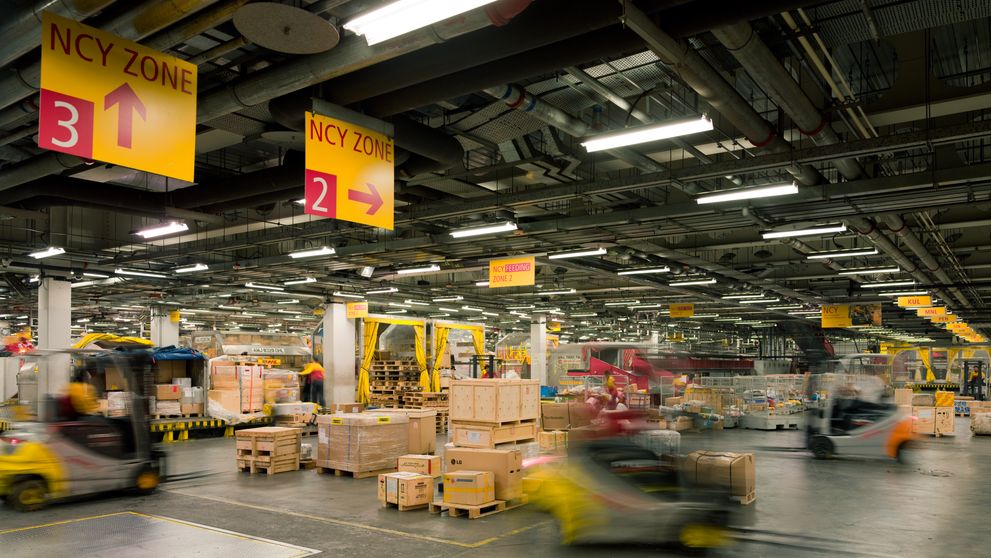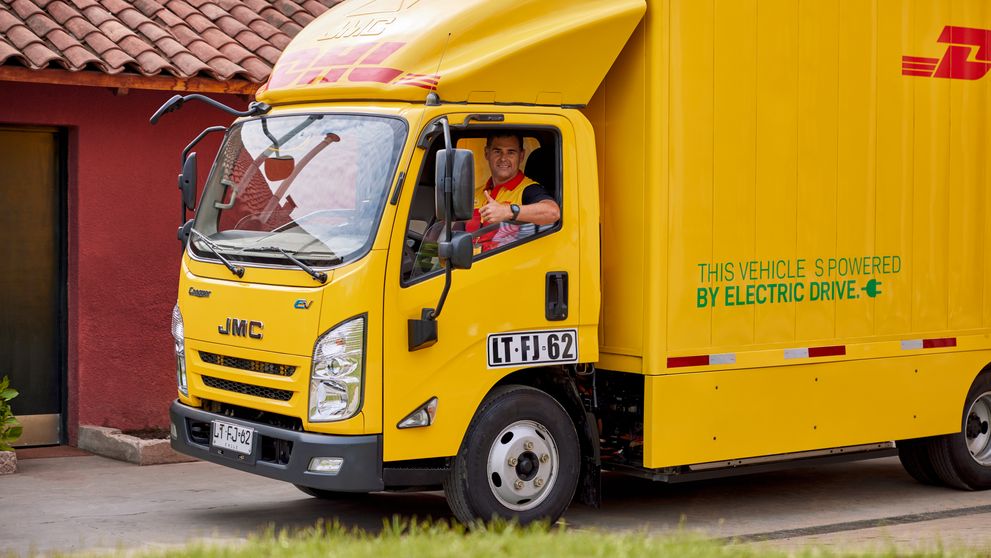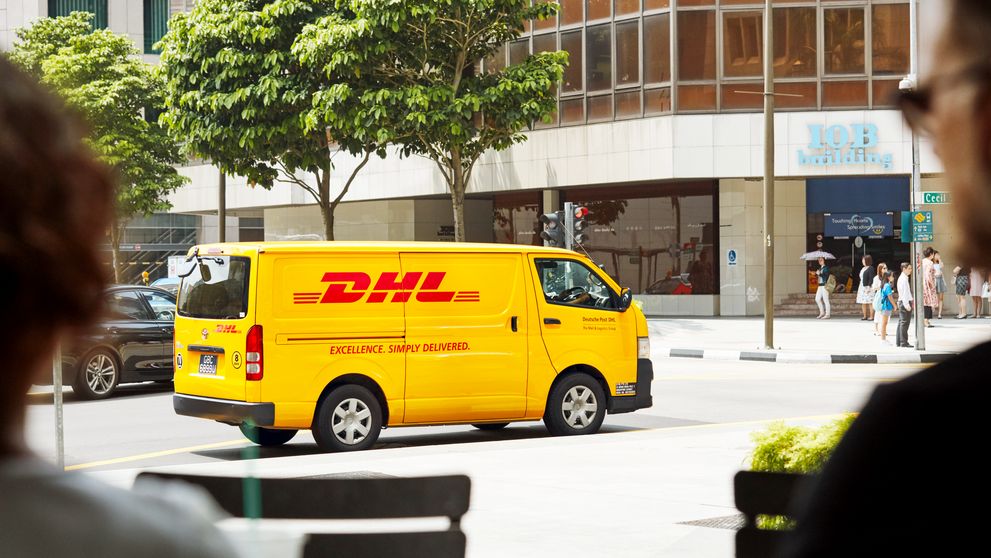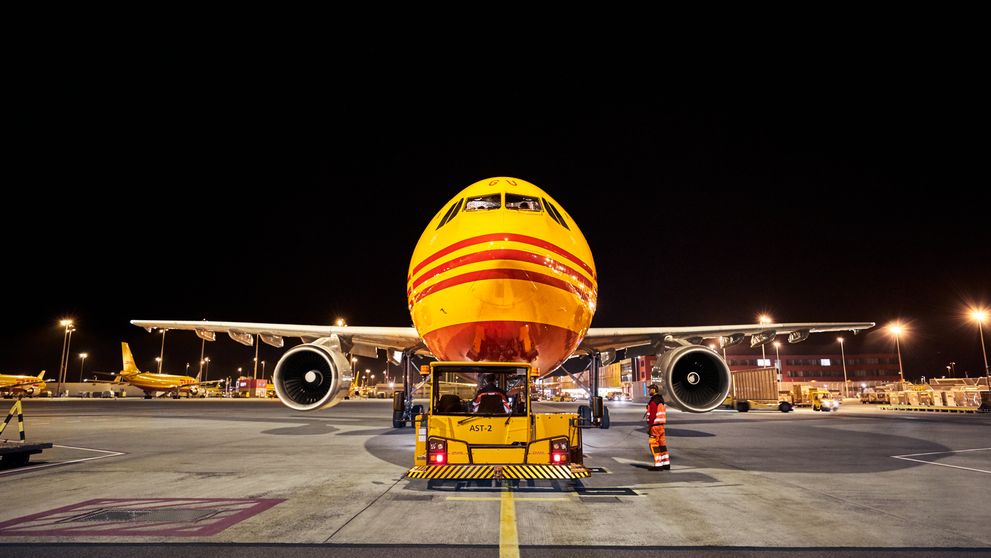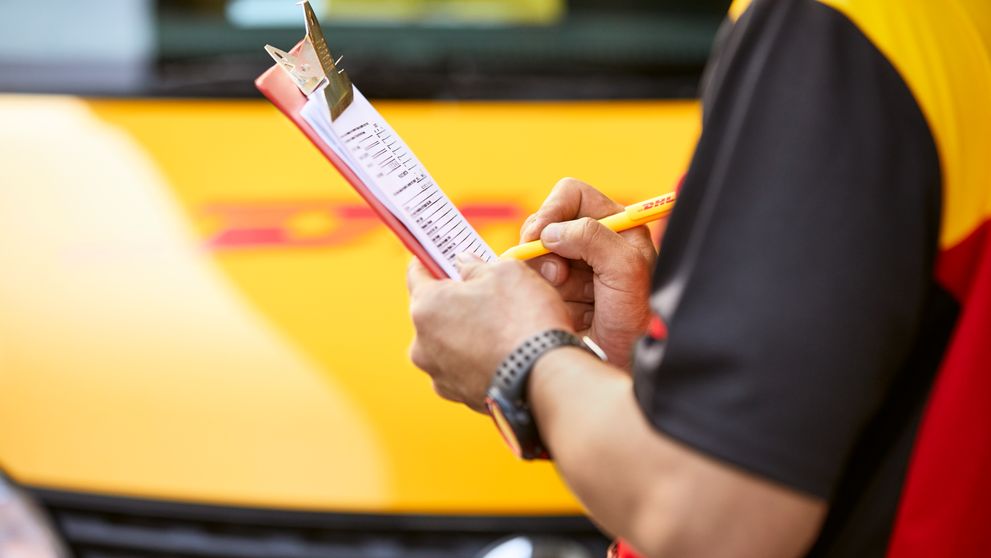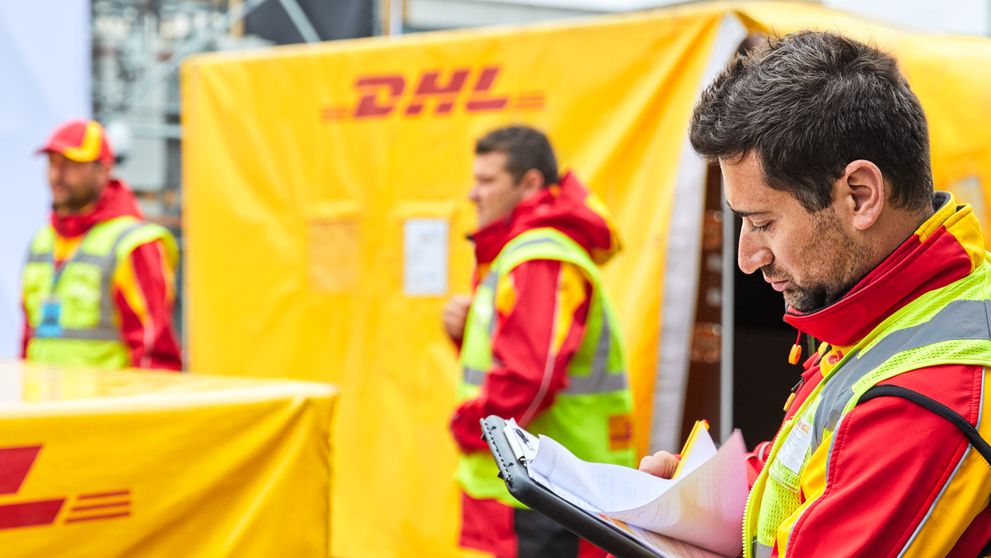Value-added tax (VAT) is a crucial tax mechanism in Indonesia, levied on the value added at each stage of the production and distribution process. For businesses operating in the country or engaged in international trade with Indonesian entities, it's important to understand VAT regulations. Aside from serving a purpose in the growth of the local economy, compliance with VAT laws can contribute to effective tax planning and business operations.
But what are VAT rates, exemptions, and applicability in Indonesia?
VAT rates and applicability
Flexible VAT rates
Indonesia's VAT law allows the government to adjust the VAT rate within a range of 5% to 15%. At the same time, this flexibility allows them to respond to changing economic conditions and manage government revenue effectively.
Indonesia currently has a standard VAT rate of 11%, which came into effect in 2022. However, as of January 1, 2025, the standard rate for luxury goods and services has been increased to 12%. It's important to note that this rate also applies to services performed within Indonesia for customers outside the country. Additionally, these are considered local deliveries and are subject to the standard VAT rate1.
Zero-rated VAT for exports
Indonesia's VAT system offers a valuable benefit for exporters: zero-rated VAT on eligible items and services.
Several services are eligible for zero-rated VAT, including:
- Services Connected to Movable Goods Outside the Customs Area: This includes toll manufacturing, repair and maintenance, freight forwarding for export-oriented goods, and other services related to the export of goods.
- Services Connected to Immovable Goods Outside the Customs Area: This includes construction consultation and other exported services related to immovable goods.
- Other Exported Services: This includes IT services, interconnection, satellites, data connectivity, R&D services, aircraft/ship rentals for international shipping, and trading services aiding exports. This also covers professional services (e.g., accounting, financial audits, tax consultation) provided to non-residents and related to activities outside Indonesia.
In some cases, the "Final" VAT regime may apply, where a specific percentage of the standard VAT rate is levied on certain transactions. Under the "Final" VAT regime, the prevailing VAT rate (currently 11%) is multiplied by a designated percentage, resulting in an effective "Final" VAT rate.
The tax base is generally the retail selling price unless specifically mentioned. Also, the input VAT in relation to the acquisition of goods or services related to deliveries under the "Final" VAT regime cannot be credited.
Examples of the “Final” VAT regime:
- Courier Service: 1.1% of the amount billed.
- Freight Forwarding Service (Including Freight Charges): 1.1% of the amount billed.
This means that even though your goods or services may be exported, you might still need to charge and remit a small percentage of VAT under the "Final" VAT regime.
Import duties and VAT on imports entering Indonesia
While exports enjoy zero-rated VAT, imports and certain domestic transactions are subject to import duties and VAT. These import duties are separate taxes levied by the government based on factors such as the type of goods and their country of origin. These are the import tax rates for common product categories:
| Product Category | Goods | Duty Rate Range |
|---|---|---|
| Automobiles | Passenger and commercial | 5% to 50% |
| Certain vehicles under battery to based electric motorized program for road transportation | ||
| Automobile Components | Incompletely Knocked Down | 0% to 7.5% |
| Part by Part | 0% to 10% | |
| Vessels | Ships, boats and floating structures | 0% to 5% |
| Aircraft | Balloons, helicopters, aeroplanes, parachutes, and aircraft launching gear | 0% |
| Electronic Goods | Camera, refrigerator, cellular phone, and others | 0% to 20%, or IDR 21,450/unit |
| Textile, Textile PRoducts and Accessories | Bags, footwear, harnesses, apparel, clothing accessories, etc. | 0% to 35% |
| Beverages and Alcohol | Ethyl alcohol, juice, beer, wine, spirits, and other beverages | 5% to 150%, or IDR 14,000/litre |
| Essential Oils and Resinoids | Odoriferous substances | 5% to 150% |
| Agricultural Products | Animal and vegetable products | 0% to 20%, or IDR 450/kg |
| Furniture | Bedding, mattresses, lamp and lighting fittings, and others | 0% to 20% |
| Toys | Toys, games and sports requisites, parts and accessories thereof | 5% to 20% |
| Plastic Products | Plastics and articles thereof | 0% to 25% |
| Rubber Products | Rubber and articles thereof | 0% to 15% |
| Wood Products | Wood and articles thereof | 0% to 25% |
| Steel Products | Steel and articles thereof | 0% to 20% |
| Other Products Chemicals, pharmaceuticals, arms, art, instruments | Chemicals, pharmaceutical products, works of art, arms and ammunition, musical instruments, and others | 0% to 40% |
VAT on imports
The standard VAT rate of 11% applies to most imported goods and services. This means that when you import goods into Indonesia, you must pay VAT on their value. Also, this VAT is typically collected by customs officials at the point of entry.
VAT on domestic transactions with overseas customers
If your business is based in Indonesia but you sell services or goods to customers located overseas, those transactions may be subject to VAT. The standard 11% rate applies in these cases.
Self-assessed VAT for foreign services and intangible goods
If your business utilizes services or intangible goods from overseas providers, you are responsible for self-assessing and paying the VAT on those transactions. Additionally, this applies even if the services or goods are consumed or used within Indonesia.
Also, the self-assessed VAT on the utilization of taxable intangible goods and/or taxable services from overseas providers is due when:
- The purchase price is declared payable.
- The amount is invoiced by the vendor.
- The payment is made, either partially or fully, whichever occurs first.
If the events above are unknown, the VAT is deemed as due when the agreement for the goods or services is signed2.
Examples of VAT rates on imported goods:
| HS Code | Description of Goods | Rate of VAT |
|---|---|---|
| 0307.12.00 00 | Fresh or chilled oysters | 11% |
| 0405.10.00 00 | Butter | 11% |
| 8525.80.3000 | Video camera recorders | 11% |
| 9105.21.00 00 | Electrically operated wall clocks | 11% |
| 9603.10.20 00 | Brooms | 11% |
VAT exemption on certain imports
While most imported goods and services are subject to VAT, Indonesia provides exemptions for specific categories of imports to support certain industries and activities. Here are imports exempted from VAT:
- Taxable Goods Imported into Free Trade Zones: Goods brought into designated free trade zones are exempt from VAT. Also, this encourages economic activity within these zones and promotes international trade.
- Services and Goods Financed by Foreign Aid: Imports funded by foreign aid programs are exempt from VAT, facilitating humanitarian efforts and development projects.
- Raw Materials Imported by Companies in Bonded Zones: Companies operating in bonded zones can import raw materials without paying VAT. Consequently, this encourages manufacturing and processing activities within these zones.
- Imports Made by Companies in Specific Industries: Certain industries, such as national airlines, may be granted VAT exemptions on their imports, which will also support the growth and development of these strategic sectors.
VAT on e-commerce transactions
In Indonesia, foreign intangible goods and services sold via e-commerce platforms to Indonesian consumers are subject to VAT. This means that if a foreign business sells digital products like software, online courses, or streaming services to customers in Indonesia, they are required to charge and remit VAT at the standard rate of 11%. Implemented on April 1, 2022, this regulation aims to ensure fair taxation in the growing digital economy3.
Key considerations for businesses

VAT rates in Indonesia can be complex, but with a clear understanding of the regulations and a proactive approach to compliance, businesses can navigate the system effectively and optimize their tax strategies.
To achieve this, consider the following:
Stay updated with VAT changes and exemptions
Indonesia's VAT regulations are subject to change, and it's crucial for businesses to stay abreast of any updates or amendments. This includes monitoring changes in VAT rates, exemptions, and compliance requirements. Also, regularly reviewing official government sources or consulting with tax advisors can help businesses stay informed and avoid potential penalties.
Ensure accurate VAT collection and filing processes
Aside from learning how to calculate import and export VAT, timely collection and filing are essential for compliance. Also, businesses need to maintain proper records of their transactions, issue VAT invoices, and file VAT returns according to the prescribed deadlines. At the same time, implementing robust accounting systems and internal controls can help ensure accuracy and efficiency in VAT-related processes.
Leverage zero-rated VAT for exports
Businesses involved in exporting items or services should understand and leverage the benefits of zero-rated VAT. This includes ensuring that their exports meet the eligibility criteria for zero-rated VAT and maintaining proper documentation to support their claims.
Understand obligations for imports and e-commerce transactions
Businesses involved in importing goods or engaging in e-commerce transactions need to learn about the applicable VAT rates, exemptions, and self-assessment requirements. For e-commerce businesses, it's crucial to have systems in place to collect and remit VAT on sales to consumers in Indonesia.
Simplify VAT compliance on your imports and exports
Understanding and complying with Indonesia's VAT regulations is essential for businesses involved in international trade. And when it comes to international logistics services, DHL Express can assist businesses in managing VAT requirements, ensuring smooth and efficient import and export processes.
Ready to simplify your international shipping and ensure VAT compliance in Indonesia? Open a DHL Express business account to access our comprehensive suite of services and expert support.
2 – Deloitte, 2024
3 – Cabinet Secretariat of the Republic of Indonesia, March 2022





